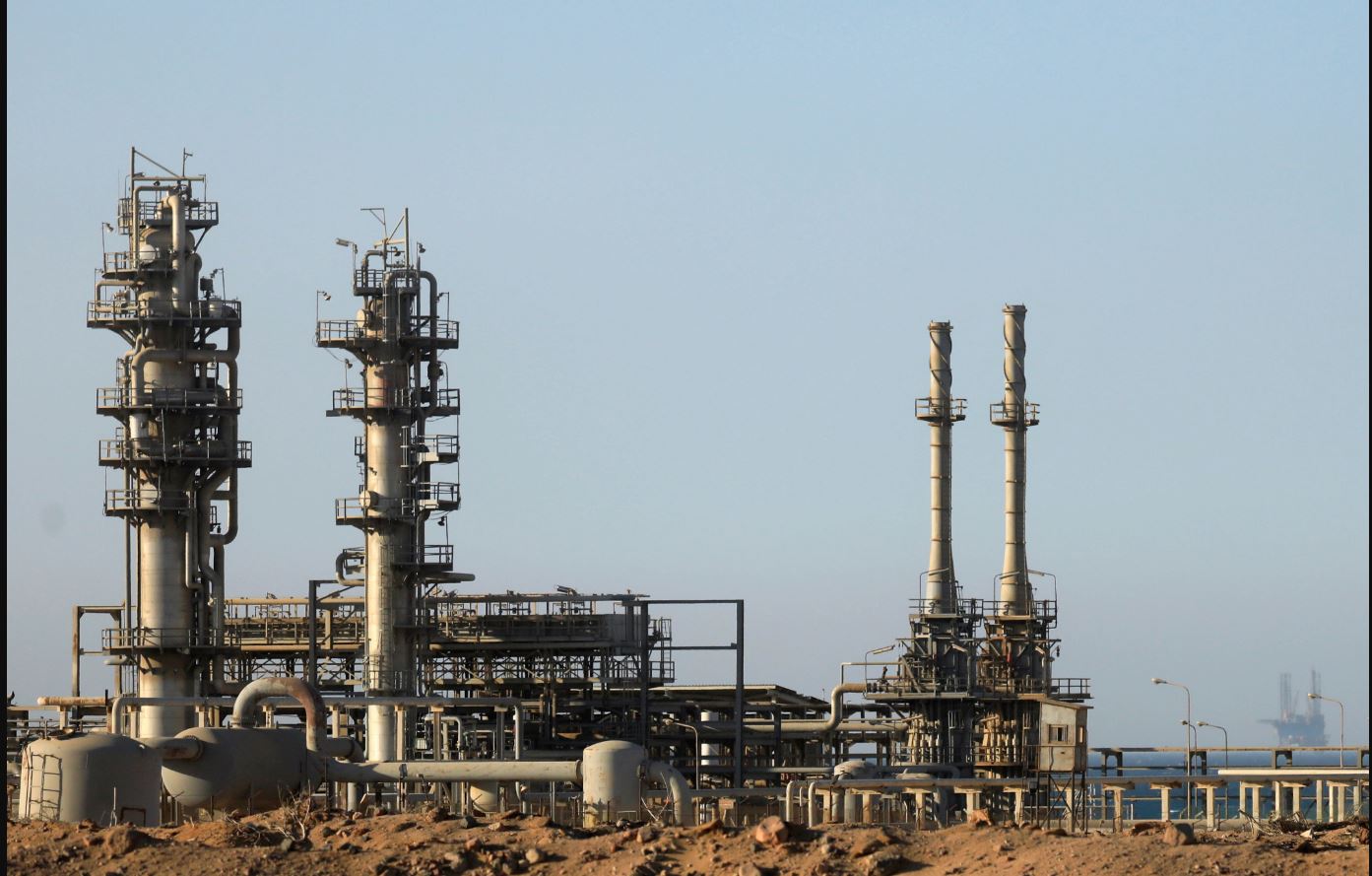Mideast conflict dims prospect of more Egyptian LNG exports to Europe
London/Cairo (Reuters) – The prospect of the EU receiving more liquefied natural gas (LNG) from Egypt in the short and medium term looks unachievable due to tight gas balances and reduced imports form Israel, Oxford Institute of Energy Studies (OIES) said.
Egypt shipped 80% of its liquefied natural gas (LNG) exports to Europe last year as the continent sought to replace Russian pipeline gas after Moscow’s invasion of Ukraine.
The European Union has in June last year signed a framework deal between the bloc, Israel and Egypt that would allow Cairo to maintain “relatively high volumes” of LNG deliveries to Europe.
Due to the Israel-Hamas conflict, Chevron (CVX.N) in October shut the Israeli Tamar gas field amid the military conflict in the country and suspended exports through the subsea EMG pipeline, which runs from Ashkelon in southern Israel to Egypt.
Gas balances at the most populous Arab country, which faces growing demand for gas from its population of 105 million, were already under pressure before the conflict erupted on Oct. 7 as gas production had declined to a three-year low this year.
The country has grappled with power cuts that started in the summer and extended to October as heatwaves have driven up demand for cooling. High summer demand resulted in very low or zero LNG exports in May-September.
Despite resuming LNG exports in October and November, the report and other analysts believe that the conflict will keep Egypt’s LNG exports under pressure.
“With tight gas balances and reduced imports from Israel, the prospect of the EU receiving more LNG from Egypt in the short and medium term looks unachievable,” OIES said in a report.
“The June 2022 Memorandum of Understanding between Egypt, Israel, and the EU, committing to higher supply, is now probably undeliverable,” it added.
Israel’s gas exports to Egypt are part of Egypt’s supply mix and therefore support Egyptian LNG exports.
Cairo imports about 7 billion cubic feet per year of natural gas from the Tamar and Leviathan developments, helping meet domestic demand and power liquefaction plants, according to Rystad Energy.
Rystad Energy estimated that Egypt exported 3.7 million tonnes of LNG between October 2022 and January 2023, with the highest amount being just less than 1 million tonnes in December 2022.
According to data from consultancies ICIS and Kpler, Egypt has exported two cargoes in October and November, but volumes were nearly one-third of what it exported in April.
Alex Froley, LNG analyst at ICIS, said that during October-December 2022 Egypt loaded 42 cargoes compared to only two in that period so far this year.
“Egypt’s LNG exports look set to remain low to zero over winter,” Froley said.
Egypt’s petroleum ministry did not immediately respond to a request for comment.



